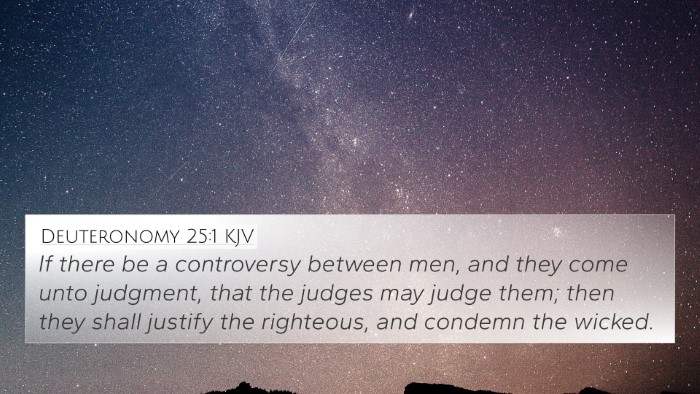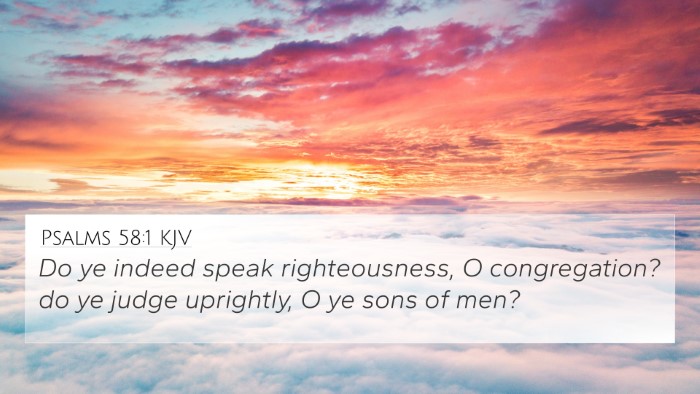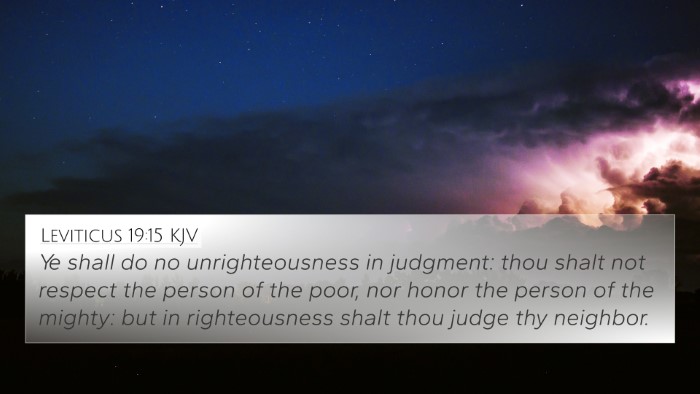Understanding Acts 23:3
Bible Verse: Acts 23:3 - "Then Paul said to him, 'God will strike you, you whitewashed wall! You sit to judge me according to the law, and do you command me to be struck contrary to the law?'"
Summary of Acts 23:3
This verse occurs during Paul's trial before the Sanhedrin, where he is met with hostility and unjust treatment. Paul boldly confronts the high priest Ananias, exposing the hypocrisy of his actions. He refers to Ananias as a "whitewashed wall," a metaphor suggesting outward purity while being corrupt inwardly.
Commentary Insights
-
Matthew Henry's Commentary:
Henry notes that Paul's reaction is an example of righteous indignation against the abuses of authority. Paul's reference to the high priest as a "whitewashed wall" signifies that Ananias appears clean and upright, but in reality, he is hypocritical and unjust.
-
Albert Barnes' Commentary:
Barnes emphasizes the significance of Paul's statement in the context of the law. He highlights that by striking Paul, Ananias was violating the legal principles he was supposed to uphold as a leader, thus showing how double standards were prevalent in leadership at the time.
-
Adam Clarke's Commentary:
Clarke elaborates on the term "whitewashed wall" by explaining its cultural significance in Jewish society. He comments on how the Sanhedrin had failed to represent justice, and Paul's boldness exemplifies his commitment to truth, even when facing persecution.
Historical Context
The political and religious climate in Jerusalem during Paul’s trial was tense, marked by a lack of justice and rampant corruption. The high priest's role was meant to be one of strict adherence to the law, yet this was often compromised.
Thematic Connections
Acts 23:3 resonates with several Biblical themes, such as:
- Hypocrisy: The criticism aimed at Ananias reflects broader themes in Scripture regarding the dangers of appearing righteous while being corrupt inside (see Matthew 23:27).
- Justice: The concept of true justice and accountability is central, as seen in Micah 6:8 and Romans 2:6-8.
- Boldness in Faith: Paul's willingness to speak out, even when it leads to personal risk, is a recurring theme among early Christians (Acts 4:29).
- The Role of Guidance: As a leader, Ananias's failure illustrates the serious responsibility that spiritual leaders have (James 3:1).
Related Bible Cross References
- Matthew 23:27-28: Jesus speaks against the Pharisees and scribes for their hypocrisy.
- John 7:24: Jesus warns to judge with righteous judgment.
- Romans 2:21-23: Paul reprimands those who preach the law but do not follow it themselves.
- Acts 5:29: Peter and the apostles emphasize the necessity of obeying God rather than men.
- Jeremiah 6:14: Prophets condemn those who heal the hurt of God's people superficially.
- Isaiah 10:1: Insights on the curse of unjust judgments and corrupt leaders.
- Proverbs 25:26: Illustrates the slippery nature of the righteous who compromise their integrity.
- James 4:12: Highlights that there is only one Lawgiver and Judge.
- 1 Peter 2:23: Discusses how Christ responded to unjust treatment without retaliation.
Conclusion
Acts 23:3 serves as a powerful reminder of the importance of integrity and justice, particularly among those in authority. It encourages believers to remain true to their principles and to hold their leaders accountable.
Further Study Resources
For those interested in deepening their understanding of Acts 23:3 and similar scriptures, consider utilizing the following tools for Bible cross-referencing:
- Bible Concordance
- Bible Cross-Reference Guide
- Bible Chain References
- Comprehensive Bible Cross-Reference Materials














